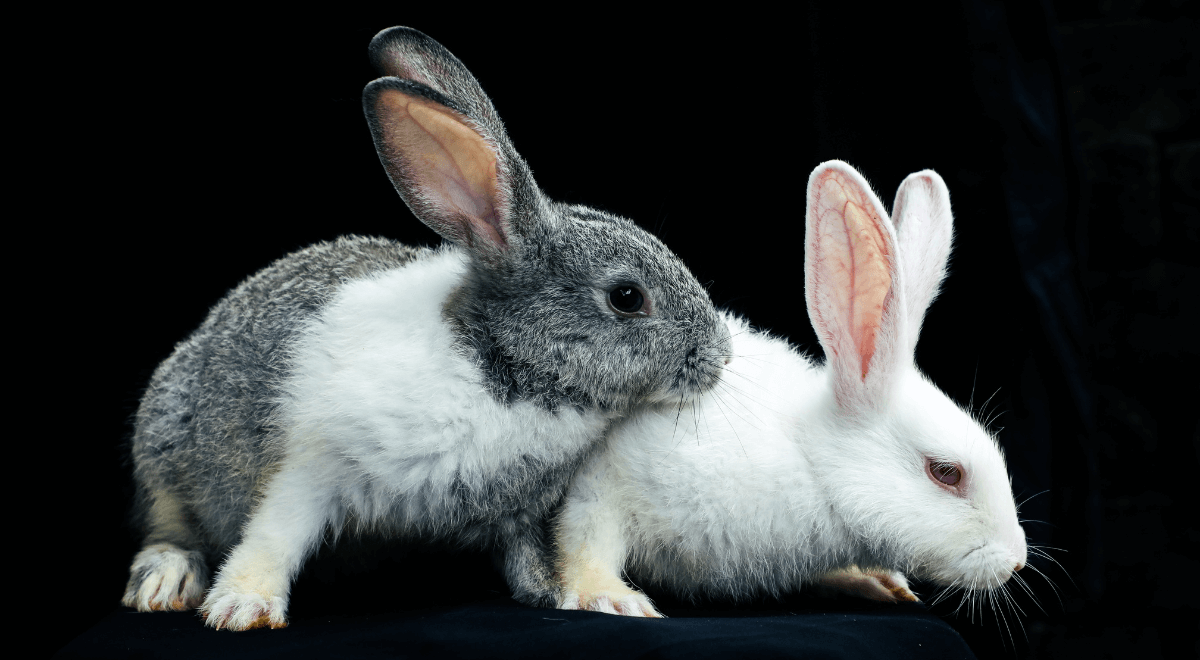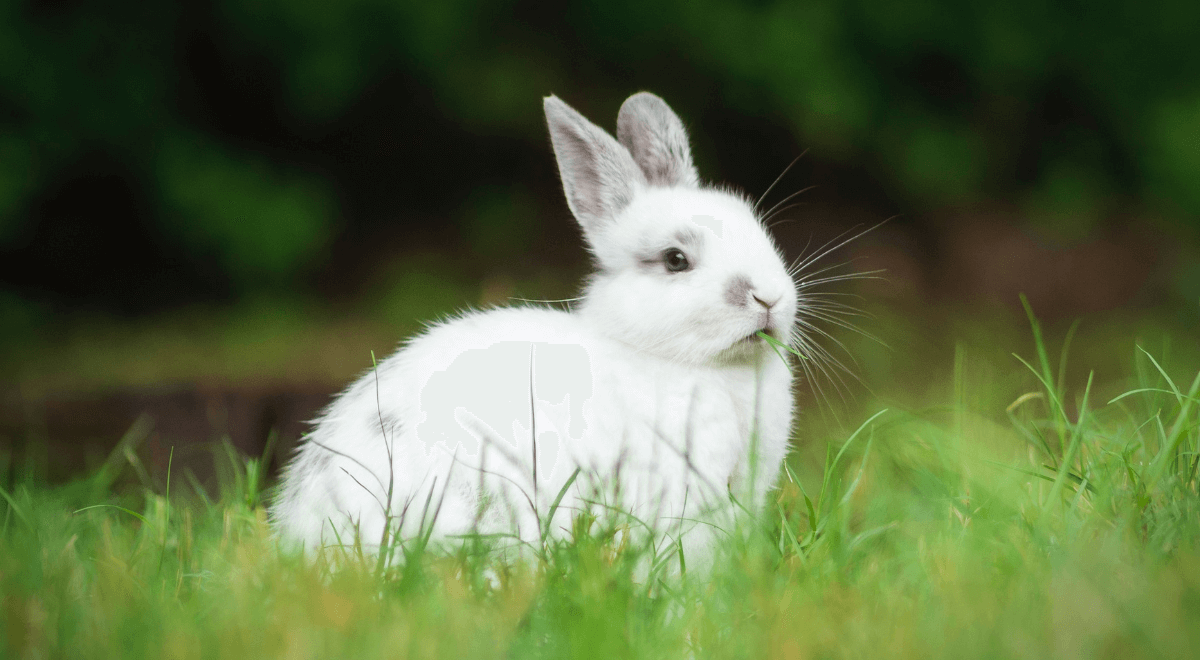Things to do before adopting a bunny
If people are prepared to give them the time and attention they require, bunnies are loveable animals that make fantastic pets. Adopting a bunny can be a rewarding and enjoyable experience, but it is important to be prepared for the commitment of owning a rabbit. Bunnies have specific needs and can live for 8-12 years, so it is important to carefully consider whether you are ready for the responsibility of bunny ownership.
There are a number of things to consider before adopting a bunny, including researching different rabbit breeds to find one that is a good fit for you, preparing a safe and bunny-proofed living space, finding a bunny-savvy veterinarian, and being prepared for the cost of bunny ownership. It is also important to make sure that all members of your household are on board with the decision to adopt a bunny and are committed to the care and well-being of the bunny. By taking the time to carefully consider these factors, you can help ensure that you and your bunny will be a happy and well-suited match.
1. Make sure you are ready for the commitment of owning a bunny
Before adopting a bunny, it is important to consider the commitment required in caring for a rabbit. Bunnies can live for 8-12 years and require daily care, including a high-quality diet, regular exercise and playtime, and a clean living environment. Owning a bunny is a long-term commitment that requires time, effort, and financial resources. Make sure you are prepared for this commitment before bringing a bunny into your home. It is also important to ensure that all members of your household are on board with the decision to adopt a bunny, as the care and well-being of the bunny should be a team effort.
2. Research different rabbit breeds to find one that is a good fit for you

Before adopting a bunny, it is important to research different rabbit breeds to find one that is a good fit for your household and lifestyle. Some breeds may be better suited for families with children, while others may be more suitable for seniors or singles. Consider factors such as size, temperament, grooming needs, and activity level when choosing a breed. For example, larger breeds such as Flemish Giants or Giant Chinchillas may be too big and overwhelming for small children, while smaller breeds like Holland Lops or Netherland Dwarfs may be more manageable. It is also a good idea to talk to rabbit experts or owners of the breed you are interested in to get a better understanding of the specific needs and characteristics of the breed. By taking the time to research and choose the right breed, you can help ensure that your bunny will be a happy and well-suited member of your family.
3. Consider your living situation
Before adopting a bunny, it is important to consider your living situation and ensure that you have a suitable space for a rabbit to live in. Bunnies need space to run and play, and they should have access to an area where they can move around freely. This can be an indoor pen or a fenced-in outdoor area. It is also important to ensure that the space is safe and secure, with no potential hazards such as toxic plants or exposed electrical cords. In addition, bunnies need a place to sleep and hide, so make sure to provide a cosy spot for them to rest. By considering your living situation and ensuring that you have a suitable space for a bunny to live in, you can help ensure that your bunny will be happy and healthy in its new home.
4. Prepare a safe, bunny-proofed living space
To ensure the safety and well-being of your bunny, it is important to prepare a safe, bunny-proofed living space. This includes covering electrical cords, securing trash cans, and removing any plants that may be toxic to bunnies. Bunnies have a natural curiosity and love to chew, so it is important to take steps to prevent them from accessing potential hazards. In addition, make sure to provide plenty of toys and other items for your bunny to chew on, as this can help prevent boredom and keep their teeth trimmed. By taking the time to bunny-proof your living space, you can help ensure that your bunny stays safe and happy in its new home.
5. Find a bunny-savvy veterinarian in your area
To ensure the proper care and well-being of your bunny, it is important to find a bunny-savvy veterinarian in your area. Bunnies have specific health needs and can be prone to certain medical conditions, so it is important to have a vet who is familiar with rabbit care. Look for a vet who has experience treating rabbits and is knowledgeable about their unique needs. It is also a good idea to establish a relationship with your vet before any health issues arise, so you know where to turn if your bunny needs medical attention. By finding a bunny-savvy vet, you can ensure that your bunny receives the best possible care in the event of any health issues.
6. Consider the cost of bunny ownership

Before adopting a bunny, it is important to consider the cost of bunny ownership. Bunnies need a high-quality diet, including hay, vegetables, and a small number of pellets. They also require regular vet check-ups and may need medication or other treatments for any health issues that arise. In addition, bunnies need supplies such as a litter box, hay, and toys to keep them healthy and happy. All of these costs can add up, so it is important to be prepared for the financial commitment of owning a bunny. By considering the cost of bunny ownership, you can help ensure that you are able to provide the best possible care for your new furry friend.
7. Be prepared to spend time interacting with your bunny
Bunnies are social animals that need daily interaction and playtime to be happy and healthy. As a bunny owner, it is important to be prepared to spend time interacting with your bunny every day. This can include playing with toys, offering treats, and providing plenty of opportunities for your bunny to move around and exercise. Bunnies also benefit from socialisation with humans, so make sure to spend quality time with your bunny every day, whether it be by playing, grooming, or simply sitting with them. Providing interaction and playtime will not only improve their physical and mental well-being, but it will also strengthen the bond between you and your bunny.
8. Make sure all members of your household are on board with the decision to adopt a bunny
Before adopting a bunny, it is important to make sure that all members of your household are on board with the decision. Bunnies require daily care and attention, so it is important that everyone in the household is committed to the care and well-being of the bunny. This includes feeding, cleaning, and interacting with the bunny on a daily basis. It is also important to make sure that everyone in the household understands the responsibilities and commitment involved in owning a bunny, and is willing to take on these responsibilities. By ensuring that everyone in the household is committed to the care and well-being of the bunny, you can help ensure that the bunny is well cared for and happy in its new home.
Conclusion
Adopting a bunny can be a wonderful and fulfilling experience, but it is important to be prepared for the commitment of caring for a rabbit. There are a number of things to consider before adopting a bunny, including researching different rabbit breeds to finding one that is a good fit for you, preparing a safe and bunny-proofed living space, finding a bunny-savvy veterinarian, and being prepared for the cost of bunny ownership. It is also important to make sure that all members of your household are on board with the decision to adopt a bunny and are committed to the care and well-being of the bunny.
By taking the time to carefully consider these factors and preparing for the responsibilities of bunny ownership, you can help ensure a smooth and successful transition for both you and your bunny.
Owning a bunny requires time, effort, and financial resources, but with proper care and attention, your bunny can bring joy and companionship for many years to come.




